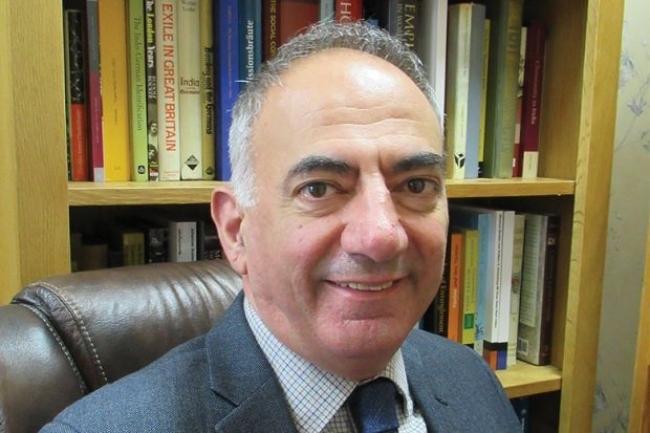Posts com a Tag ‘História regional e local’
Migrant City: A New History of London | Panilos Panayi
Panilos Panayi | Imagem: Times Higher Education
According to a survey carried out by the National Federation of Fish Fryers in the 1960s, the first fish and chip shop was opened by Joseph Malins in 1860 on Old Ford Road in the East End of London (p. 234). The combination of the fried fish that had been sold and eaten in the Jewish East End since the early nineteenth century with chips created what became a quintessentially British meal. This is one of many examples included in Panikos Panayi’s Migrant City: A New History of London of how migrants have contributed to the culture and economy of London and in turn the United Kingdom.
Panayi makes clear the crucial role that migrants have played in the development of London as a global centre of trade, finance, culture, and politics. He ties this to London’s status as both the centre of a global empire and the largest city in the world for much of the nineteenth and twentieth centuries. More than half of migrants arriving in the United Kingdom from abroad moved to London, whose history of migration stretches back to its Roman founding. London, therefore, had long been cosmopolitan and by the late twentieth century had become ‘super-diverse’, with residents born in more than 179 countries, many beyond Europe or the former British Empire. Leia Mais
República em migalhas: história regional e local – SILVA (RBH)
História regional e local, República, América/Brasil (L), Século 20 (P), SILVA Marcos Antônio (Org), República em migalhas: história regional e local (T), Marco Zero (E), Anpuh (E), GOMES Angela Maria de Castro (Res), Revista Brasileira de História (RBH)
SILVA, Marcos Antônio (Org). República em migalhas: história regional e local. São Paulo: Marco Zero/Anpuh, 1990. Resenha de: GOMES, Angela Maria de Castro. Revista Brasileira de História, São Paulo, v.11, n.22, p.210-212, mar.1991/ago.1991.
Angela Maria de Castro Gomes – Pesquisadora do CPDOC da Fundação Getúlio Vargas no Rio de Janeiro e Professora da Universidade Federal Fluminense.
Acesso ao texto integral apenas pelo link original
[IF]


